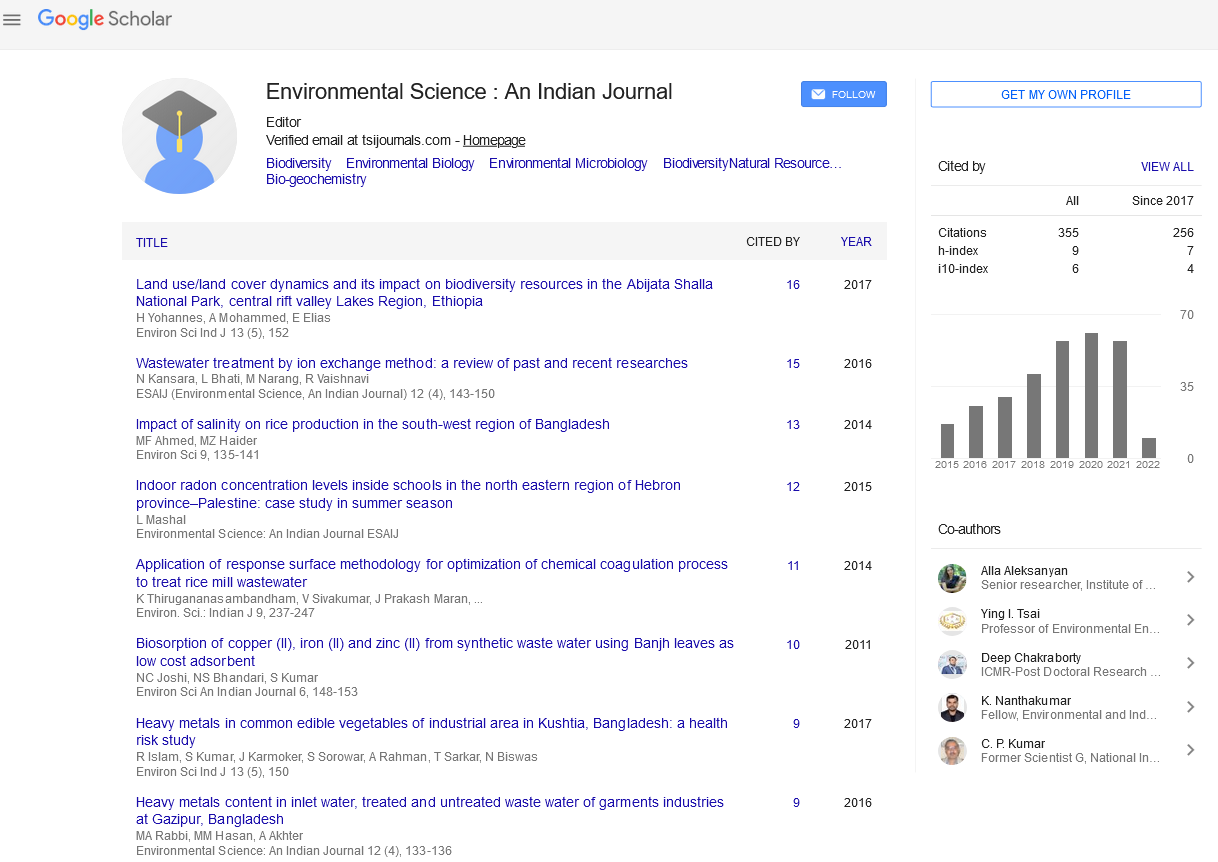Abstract
Impact of the construction of Grand Renaissance Ethiopian Dam on Lake Naser sediment and its utilization
Author(s): Abdelazim Negm and Haitham MohamedConstruction of dams results in both positive and negative environmental impacts. Sometimes the adverse environmental impacts extend to affect other countries sharing the same river basins as in the case of international rivers. The River Nile is a good example of such cases where Ethiopia decided to build a dam called Grand Renaissance Ethiopian Dam (GERD) on its border near to Sudan without any respect of the international rules and protocols in this concern. In this paper/presentation, the discussion will be focused on the socioeconomic impacts on the Egyptian Society as a result of impounding the reservoir of GERD with its capacity of 74 billion cubic meters (BCM). In a previous study by the author et al. different scenarios of impounding were considered as 6, 3 and 2 years under different inflow conditions using numerical simulation. It was found that impounding of GERD reservoir at Normal flow case through 6, 3, and 2 years will decrease the active storage of Lake Nasser by 13.287, 25.413 and 37.263 BCM through each year. The shortage of about 19% if impounding takes place in six years under normal flow agreed will with the results obtained by other investigators from Ethiopia. Based on these estimates, the agriculture sector will be highly affected as 85% of the Egyptian water resources are consumed by this sector. It is found that 19.6%, 37.5% and 55% of the Egyptian agriculture land will not be cultivated if the GERD reservoir is impounded in 6, 3 and 2 years based on the estimated normal flow of the River Nile (84 BCM). The impact of this big loss of agriculture land on the socioeconomic life in Egypt will be presented and discussed keeping both the political and legal dimensions away of the discussions.

